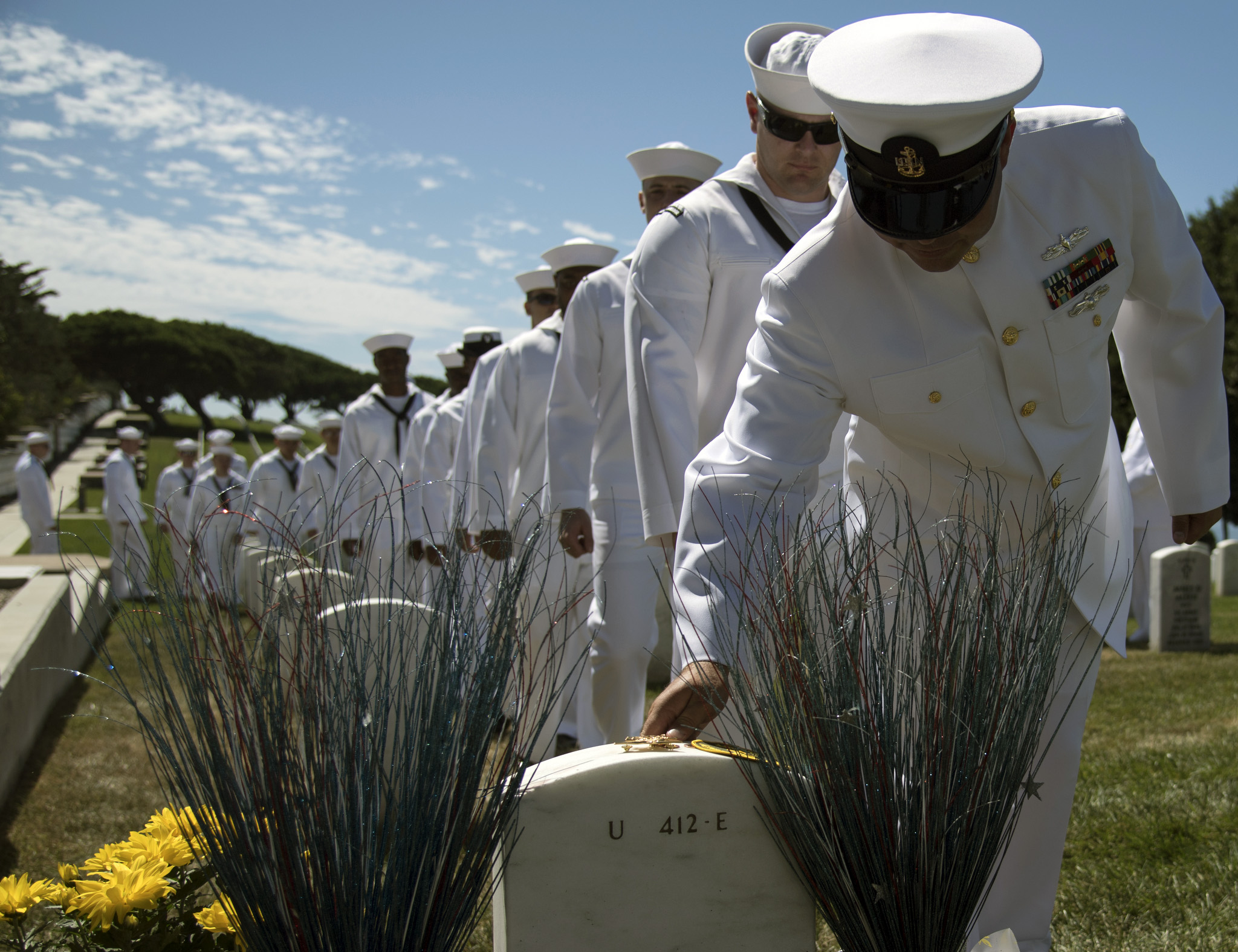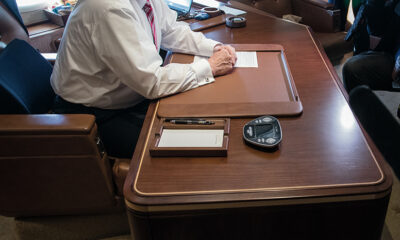Civilization
Remembering a Death in Battle

In 2006, Navy SEAL Michael Monsoor, aged 25, gave his life for our country.
How Michael Monsoor died
The Medal of Honor citation describes how insurgents hurled a grenade onto the rooftop where the Americans were positioned. There was enough time for Michael to look at a teammate before he made the decision—to throw himself down, smother the blast, give up his own life so two others could live.
After the deployment, George Monsoor invited his son’s teammates to Thanksgiving dinner. He listened to their stories; he wanted the truth. Initially, he’d questioned the official narrative, knowing the military had finessed incidents of friendly fire or other wartime mistakes to create a hero story instead. But everything checked out – it happened just as reported.
Michael had been in Ramadi for six months, surrounded by his brothers-in-arms but cut off from his blood family. The last call he made to his parents went to voicemail on George’s phone.
“Hello? Mom? Dad? You’ll be sorry you missed me,” Michael said into the recording.
Now, on a Memorial Day nearly 20 years later, I wonder how we should honor the memory of a man who chose to die for his friends and for his country, rather than return home to his family.
Comparison to Hector of Troy
After Hector is killed in Homer’s Iliad, his mother remembers how he brought the Trojans “so much glory.” She ignores the fact that before his death Hector trembled in fear and ran from Achilles, his foe. She speaks only of the man admired by all, preferring the heroic version to the truth. Hector’s wife is ambivalent; she thinks of his glory, but also the shock of his sudden absence from the world. “Hector, my life is over,” she sings in lamentation, predicting the ruin his death will bring to her family and city.
George Monsoor’s reaction was more of a piece with Hector’s wife than his mother.
“Our family is strong, but there’s emptiness,” George said.
He mentioned the holidays and family reunions his son has missed in the years since his death.
“We’re still good, but there’s a void … something that’s not there.”
The country gained a hero, but for a father what lingers is the absence.
“I’m still waiting to hear him.”
Today, little remains of that spontaneous act of courage, as beautiful as it was destructive. The wars ended. Normal life resumed. A new generation of Americans entered adulthood without experiencing the trauma of 9/11, without the compulsion to defend their country, to gamble their lives on a mission eventually abandoned. I’m old enough to remember the feeling of solidarity brought about by 9/11, how “the Nation” became so real and so urgent as to inspire acts of courage from ordinary people.
America thrived afterward…
But unlike the destruction of Troy that followed Hector’s death, America thrived in the years following Iraq and Afghanistan. GDP has doubled since American troops fought in the streets of Ramadi. While becoming more prosperous, however, Americans also have become more self-absorbed, more aimless in our pursuit of happiness.
We listen to politicians speak about the necessity of war but know that very few have been shaped by war, either personally or through a loved one’s journey. We encourage people in Ukraine and Gaza to take chances we can’t imagine taking ourselves. For Americans, war has become mostly a spectacle, a dangerous game played by others in faraway places.
In a culture where so few are willing to sacrifice, we forget that our country’s story is written by ordinary people who make a difference in the lives of others, when making a difference means life or death.
In one of their last telephone conversations, Michael told his father, “I’ll decide if I die over here.” Those with Michael on the roof that September day confirmed he looked his teammate in the eyes a moment before hurling himself at the ground. For anyone doubting how much more he can give or what difference it could make, Michael’s heroic spirit ripples forward through time, giving life to a power that beats inside the heart of every American.
This article was originally published by RealClearDefense and made available via RealClearWire.
John J. Waters graduated from the U.S. Naval Academy. He served in the Marine Corps on deployments to Afghanistan and Iraq. He is also a lawyer. He served as a deputy assistant secretary of Homeland Security from 2020-21. He lives with his family in Nebraska, where he was born.
-

 Accountability3 days ago
Accountability3 days agoWaste of the Day: Principal Bought Lobster with School Funds
-

 Civilization1 day ago
Civilization1 day agoWhy Europe Shouldn’t Be Upset at Trump’s Venezuelan Actions
-

 Executive2 days ago
Executive2 days agoHow Relaxed COVID-Era Rules Fueled Minnesota’s Biggest Scam
-

 Constitution3 days ago
Constitution3 days agoTrump, Canada, and the Constitutional Problem Beneath the Bridge
-

 Christianity Today1 day ago
Christianity Today1 day agoSurprising Revival: Gen Z Men & Highly Educated Lead Return to Religion
-

 Civilization2 days ago
Civilization2 days agoThe End of Purple States and Competitive Districts
-

 Executive2 days ago
Executive2 days agoWaste of the Day: Can You Hear Me Now?
-

 Civilization5 days ago
Civilization5 days agoThe Conundrum of President Donald J. Trump










